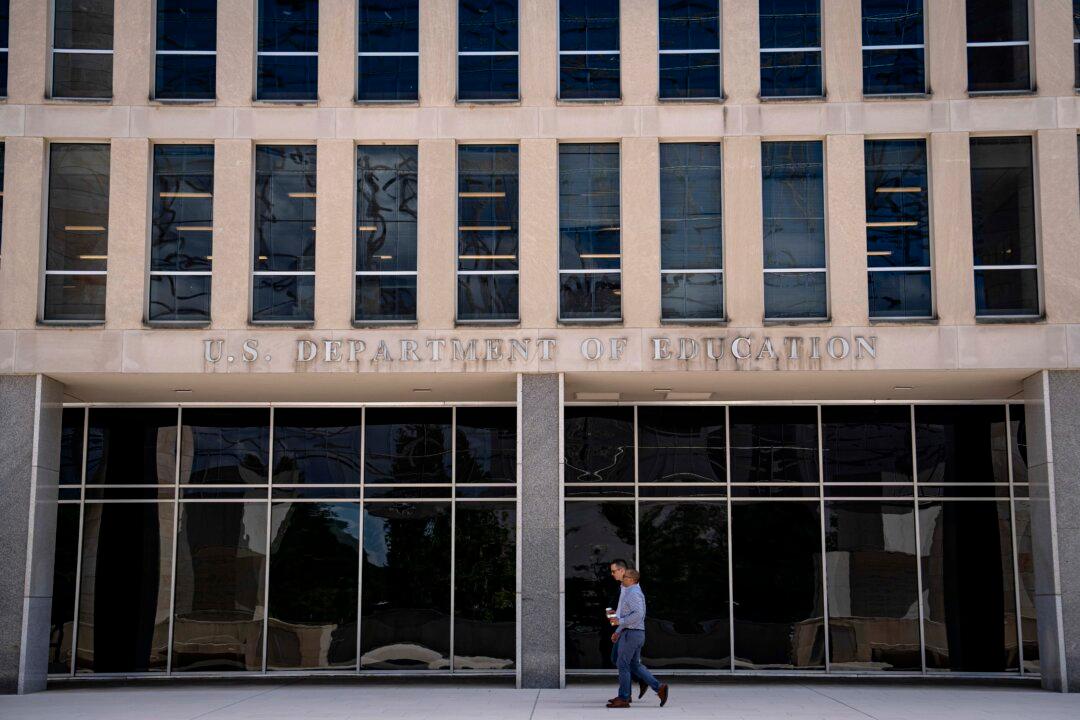A coalition of private colleges have lost their bid to overturn a legal settlement that cancels $6 billion in student debt for more than 230,000 borrowers.
In a decision issued Tuesday, a three-judge panel of the U.S. Court of Appeals for the Ninth Circuit ruled that the colleges didn’t have standing to challenge the settlement that was approved in November 2022.





